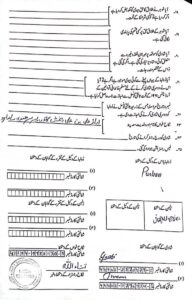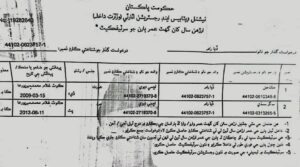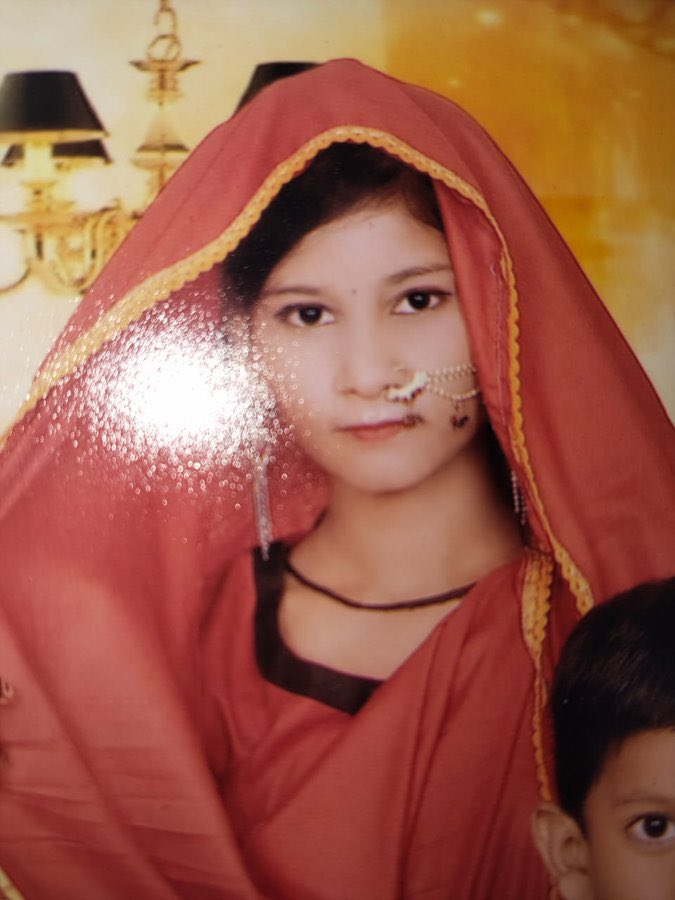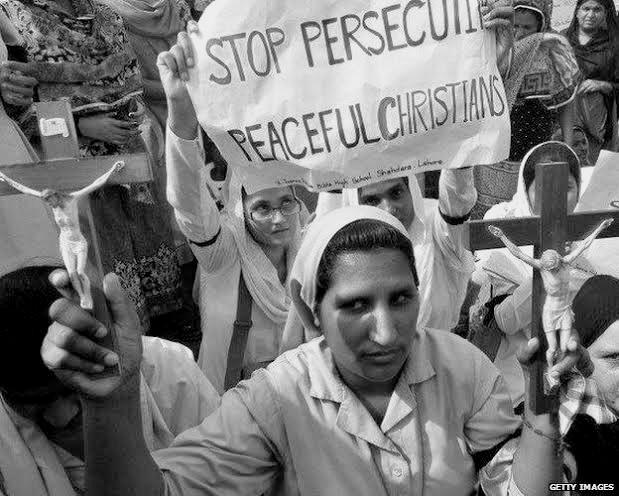On December 30, 2024, a 15-year-old Hindu girl, Kajol Meghwar, was tragically kidnapped from her home in Kot Ghulam Muhammad, Mirpurkhas, Sindh. Armed assailants took her at gunpoint, and in the days that followed, she endured unimaginable horrors. Kajol was repeatedly raped by her abductor, forcibly converted to Islam, and married against her will. In an effort to erase her identity, her name was changed to Javeriya, and her age was falsely recorded as 19 years old.
A Disturbing Abduction
Kajol, the daughter of Daya Ram, was abducted and subjected to horrific treatment. Within just three days of her kidnapping, she was forcibly taken to Pir Jan Agha Jan Sirhindi in Samaro Umerkot, where she was coerced into converting to Islam and subsequently married. Disturbingly, her identity was altered as her name was changed to Javeriya, and her age was falsely reported as 19 years old.This tragic incident is emblematic of a larger pattern in which Hindu girls are frequently targeted for kidnapping, forced conversion, and marriage. Such acts not only violate basic human rights but also reflect a grave religious intolerance that permeates society.
The Impact on the Family
The trauma experienced by Kajol’s family cannot be overstated. They are devastated by the loss of their daughter and are appealing to the legal system for justice, a pursuit that may be fraught with challenges. The barriers to justice for minority communities in Pakistan often leave families feeling powerless and abandoned.
Support from Social Organizations
In the face of such adversity, Hindu social organizations have rallied in support of Kajol’s family. They are working tirelessly to raise awareness and advocate for her rescue. There is hope that with increased attention and support, steps can be taken to bring Kajol back to her family and hold the perpetrators accountable.
A Call to the International Community
The case of Kajol Meghwar underscores a critical issue that demands the attention of the international community. The silence surrounding the persecution of Hindu girls in Pakistan is alarming. It is essential for global organizations and governments to address these injustices and advocate for the protection of minority rights.
Conclusion
The plight of Kajol Meghwar is a stark reminder of the urgent need for change. We must stand together to raise our voices against religious intolerance and demand justice for Kajol and countless others who have faced similar fates. It is time for the world to take a stand and ensure that the rights and dignity of all individuals are upheld, regardless of their faith.




For more updates and detailed coverage of this case and other issues affecting the Hindu and Sindhi communities in Sindh, Pakistan, stay tuned to Sindh Renaissance.






